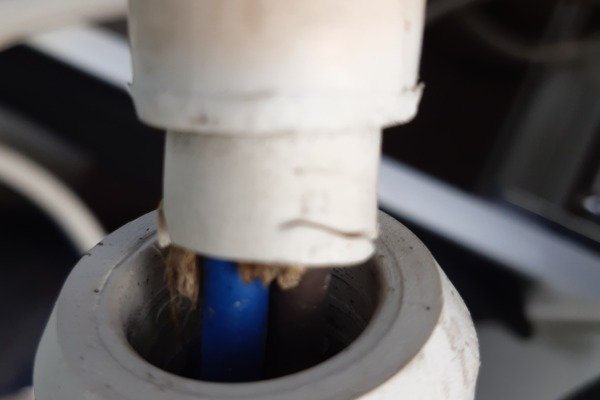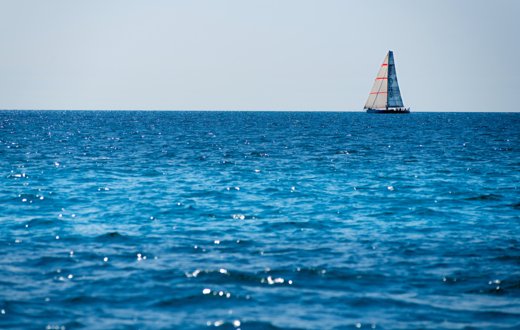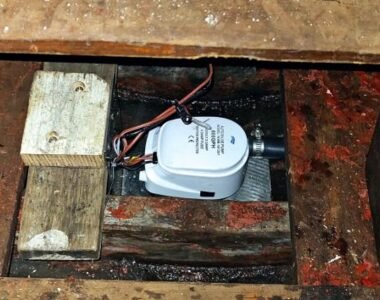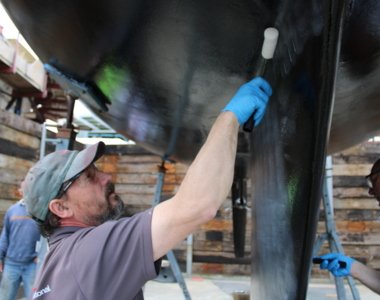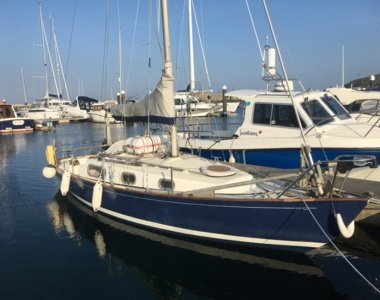-
Bangor Marina Bangor, Northern Ireland
-
Conwy Marina Conwy, North Wales, Wales
-
Deacons Marina River Hamble, Southampton, England
-
East Cowes Marina East Cowes, Isle of Wight, England
-
Haslar Marina Haslar, Portsmouth Harbour, England
-
Penarth Marina Penarth, Cardiff, Wales
-
Portishead Marina Portishead, Bristol, England
-
Portland Marina Portland, Dorset, England
-
Rhu Marina Rhu, Firth of Clyde, Scotland
-
Royal Quays Marina Royal Quays, North Shields, England
-
Weymouth Marina Weymouth, Dorset, England
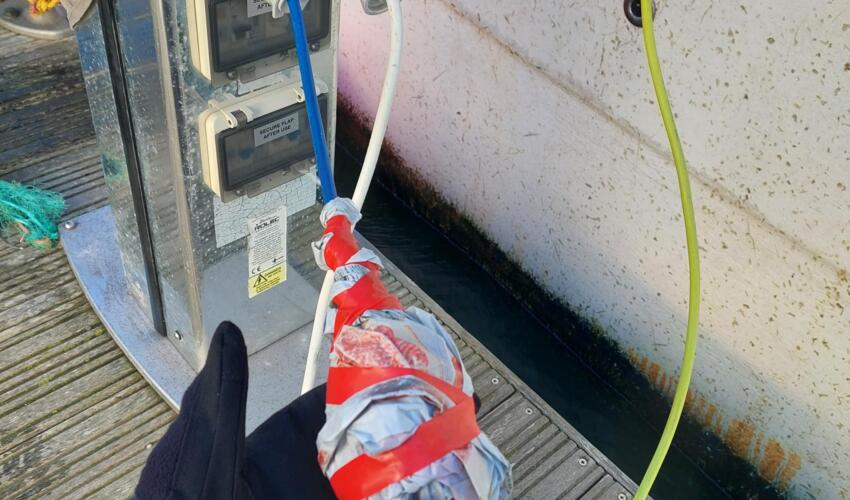
28th July 2025
Portland
Marina Safety Spotlight: Electricity
No matter what kind of boat you choose to bob about in, at some point during your boating life, you will want to plug into shore power whether you're regularly charging batteries or using it for occasional maintenance; access to electricity is an integral marina service. We're all so used to electricity at our finger tips ashore that we forget that electricity and water don't mix well and an extra layer of safety needs to go into powering up our boats to ensure that never the twain should meet! Below we dive into some tips and best practices to keep your marina experience hazard-free, particularly when it comes to sockets, plugs, and electrical systems.
Electrical hazards in the marina can result from a variety of factors, including water exposure, corrosion, poor maintenance, and overloading. Sockets and plugs, being the primary interfaces for electrical connections, are particularly vulnerable to these risks. Water, in particular, can cause short circuits and electrical shocks if it infiltrates sockets or corrodes plugs. Overloading sockets with multiple devices or high-power equipment can also lead to overheating and fires, posing a threat to both vessels and lives.
Safety is a top priority at Portland, as it is across all the boatfolk marinas. Our bollards undergo thorough annual checks by external providers, with daily visual inspections and monthly trip tests conducted by our team. Despite our diligence, some common issues still arise, often due to overloading, faults in boat electrical systems, or cable damage. Saltwater corrosion can also cause sockets to seize, creating frustration for berth holders and challenges for our team. We aim to address potential problems proactively to minimize disruptions and ensure a safe environment for all.
- Cable care
Whenever you come down to your boat, check over your cable and ensure that the outer sheath hasn't pulled out from either end, exposing the core wires, and that there's no nicks along its length. This is the most common damage we see to cables around the marina, particularly after strong winds when the boat has moved further away from the bollard ior trapped cables between pontoons. It's a fine balance to get the right amount of cable to avoid pulling without allowing the cable to drop into the sea; swinging a couple of turns around the breast line gives a bit of extra slack and keeps it clear of the water. Check the cable route between the boat and the bollard too, ensuring there's no catch points which might snag and damage it.
- Plug precautions
As well as checking that your cable's sheath hasn't pulled out of the plug, check over your plug at each end to make sure there's no cracking to the casing which might allow water ingress and that there's wobbly pins. Any plugs should be suitable for marine useand the correct one for the socket being used (see overloading below), wrapping a standard 240v plug with an adaptor in a plastic bag and gaffa tape isn't what we would call suitable weatherproofing!
- Sockets
Corrosion can sieze plugs into the socket, particularly at the bollard end where it is more exposed to the weather. If your plug is stuck, or the socket is loose or pulled out, let the Marina Office know as soon as possible so we can get a qualified electrician organised to replace it for you. Whatever you do, please don't try to fix it yourself, even if you have the knowledge and experience.
On the boat end, make sure the casing isn't cracked or broken so there's no chance of water ingress and that all wiring is properly and securely connected.
- Avoid Overloading
Never overload sockets by plugging in too many devices or drawing excessive power from a single outlet. It's tempting to use an adaptor if your boat has 16A and the only socket available is 32A, but this could mean the RCD won't trip if there's a problem because the socket is rated higher than the boat's system. Likewise, using a splitter to create additional sockets can overload the system.
Ensure your boat has suitable shore power circuit breakers fitted and test them regularly. Remember, marina power can't handle the same loads as your home can, so if you draw too much power at once, it will trip off at the boat or bollard, kettles and toasters are prime examples of this! You might need to be strategic about which appliances you use at the same time...
Finally, here's an articles on choosing suitable cables and plugs for the system you have onboard and another one on general electrical safety in the marina.
